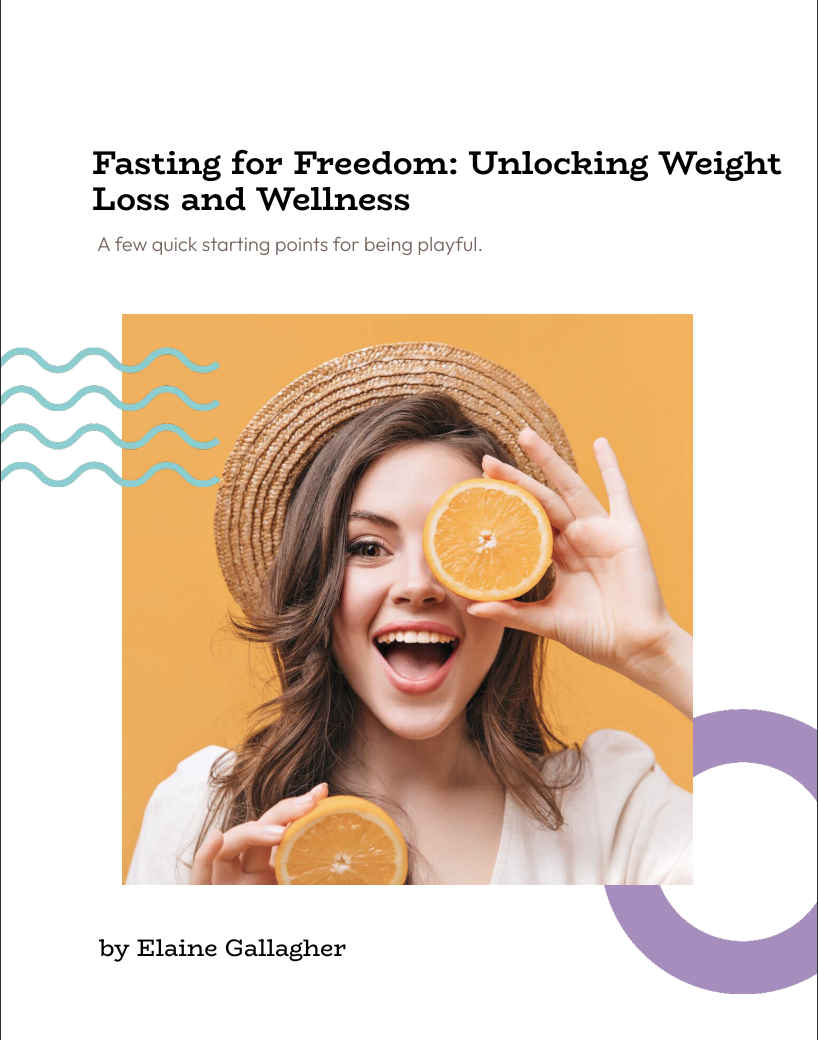Intermittent fasting (IF) has gained popularity for both weight management and its potential health benefits. Here’s a breakdown of the main advantages:
🌟 Health Benefits of Intermittent Fasting
1. Weight Loss & Fat Loss
- Calorie restriction: Naturally reduces calorie intake by limiting the eating window.
- Hormone optimization: Lowers insulin levels and increases human growth hormone, which helps with fat burning.
- Increased metabolic rate (in some cases): Short-term fasting can slightly boost metabolism.
2. Improved Insulin Sensitivity
- Helps lower blood sugar levels and improves insulin function, reducing the risk of type 2 diabetes.
3. Heart Health
- May reduce risk factors like blood pressure, cholesterol, triglycerides, and inflammatory markers.
4. Cellular Repair & Longevity
- Stimulates autophagy, a process where your cells clean out damaged parts — linked to aging and disease prevention.
- Some animal studies suggest IF may extend lifespan.
5. Brain Health
- Increases brain-derived neurotrophic factor (BDNF), which supports brain function.
- May protect against neurodegenerative diseases like Alzheimer’s and Parkinson’s.
6. Simplifies Eating
- Fewer meals to plan, cook, or eat — which can make life easier and support consistency.
⚠️ Possible Downsides or Considerations
- Not suitable for everyone (e.g., those with certain medical conditions, pregnant individuals, or people with a history of eating disorders).
- Can lead to overeating or poor food choices if not done mindfully.
- May cause fatigue or irritability, especially at first.
Intermittent fasting (IF) can be a good option for people over 50, but whether it’s the best diet depends on personal health, lifestyle, and goals. Here’s a breakdown of how IF might work for folks 50+ — and where caution is smart:
Check out my ebook on Intermittent Fasting.

✅ Why IF Might Be Beneficial for People Over 50
1. Improves Insulin Sensitivity
- As we age, insulin resistance becomes more common. IF can help regulate blood sugar and reduce the risk of type 2 diabetes.
2. Supports Healthy Weight Maintenance
- Metabolism tends to slow with age. IF helps reduce calorie intake and supports fat loss, especially belly fat, which is linked to higher risk of chronic illness.
3. Promotes Heart & Brain Health
- May help lower inflammation, improve blood pressure, and support cognitive function — all important for aging well.
4. Encourages Cellular Repair
- The process of autophagy (cell cleanup) stimulated by fasting may help protect against age-related diseases like Alzheimer’s and cancer.
5. Simplifies Eating
- Many people find it easier to stick to an eating window than track calories or follow complicated diets.
⚠️ Things to Watch Out For
- Muscle Loss Risk: Older adults naturally lose muscle mass (sarcopenia). IF should be paired with adequate protein intake and resistance training to preserve muscle.
- Medication Timing: If taking medications (especially for diabetes, blood pressure, or thyroid), meal timing can affect how they work.
- Bone Health: Skipping meals without getting enough nutrients (calcium, vitamin D, protein) can impact bone density.
- Energy Levels: Some people experience fatigue, especially at first. If you have an active lifestyle, the fasting window may need to be adjusted.
🔍 Who Should Be Extra Cautious?
- People with low blood sugar issues (hypoglycemia)
- Those with a history of eating disorders
- People on medications that require food intake
- Anyone dealing with chronic health conditions — always best to check with a doctor or registered dietitian
The main difference between intermittent fasting (IF) and an Atkins-type diet comes down to when you eat versus what you eat:
🕒 Intermittent Fasting (IF) = When You Eat
- Focus: Timing of meals
- How it works: You cycle between periods of eating and fasting (e.g., 16:8 — fasting for 16 hours, eating within 8).
- No strict food rules: You can technically eat any kind of food during your eating window — though healthier choices = better results.
- Goal: Often used for weight loss, insulin sensitivity, and cellular repair.
🧠 Key idea: Restricting meal timing to promote fat burning, hormone balance, and other metabolic benefits.
🍳 Atkins Diet = What You Eat
- Focus: Carbohydrate restriction
- How it works: Low in carbs, high in fat and protein. Your body enters a state called ketosis, where it burns fat for fuel.
- Structured phases: Starts with very low carbs (Induction Phase), then slowly adds more carbs over time.
- Goal: Weight loss, blood sugar control, and steady energy.
🧠 Key idea: Change macronutrient balance to shift your body into burning fat instead of carbs.
Check out my store, Elly Elementary, for all your K-5th grade curriculum needs. I have resources for many of your Spring curriculum areas that your class will love.
Join me on Facebook and Instagram. Let me know if you are looking for anything in particular. (Email: ellyelementary@gmail.com)
What is your favorite go-to diet? Comment below.



Comments ()